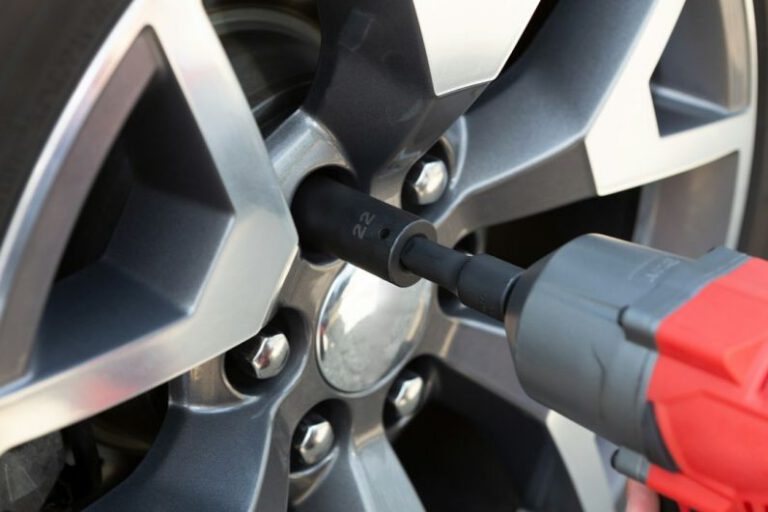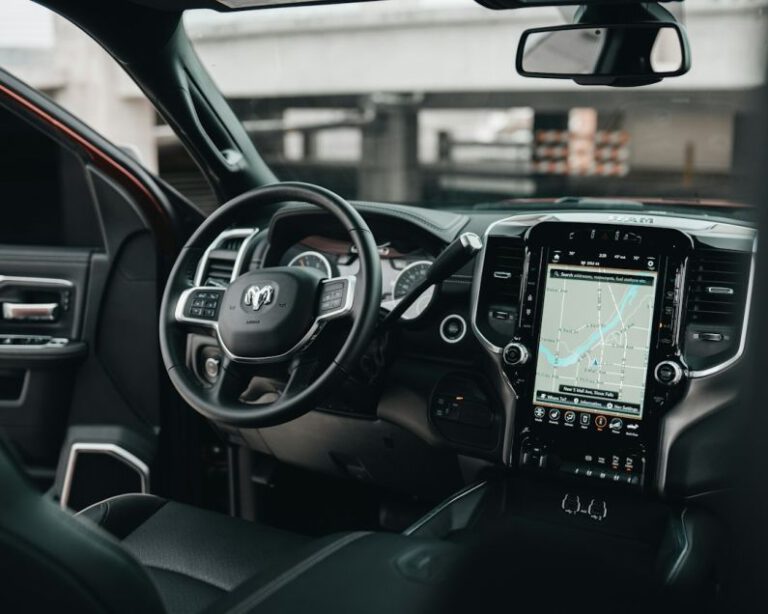What Are the Key Factors to Consider When Buying Used Cars?
Buying a used car can be a great way to save money while still getting a reliable vehicle. However, there are several key factors that you should consider before making a purchase. From the condition of the car to its history, taking these factors into account will help ensure that you make a smart and informed decision.
1. Budget
Before diving into the used car market, it is essential to set a budget. Consider how much you are willing to spend on a car and stick to that budget. Keep in mind that there are additional costs associated with owning a car, such as insurance, maintenance, and fuel. By setting a budget and factoring in these costs, you can avoid stretching your finances too thin.
2. Vehicle History
The vehicle’s history is crucial when buying a used car. Obtain a vehicle history report, which will provide information about past accidents, repairs, and any other issues. This report will give you a clear picture of the car’s condition and help you make an informed decision. Additionally, consider getting the car inspected by a trusted mechanic to identify any hidden problems that may not be evident on the surface.
3. Mileage
The mileage on a used car can be a good indicator of its overall condition and potential future repairs. Generally, lower mileage is better, as it means less wear and tear on the vehicle. However, don’t solely rely on mileage as an indicator of a car’s quality. Factors such as maintenance and driving conditions can also impact a car’s lifespan. Therefore, it is important to consider mileage in conjunction with other factors when evaluating a used car.
4. Condition
Assessing the condition of a used car is crucial before making a purchase. Look for any signs of wear and tear, both inside and outside the vehicle. Check for dents, scratches, or rust, as these may indicate poor maintenance or potential issues. Take a test drive to evaluate how the car handles and listen for any unusual noises. A thorough inspection of the car’s condition will help you determine if it is worth the investment.
5. Ownership
Knowing the number of previous owners a car has had can provide insight into its history and care. Ideally, a car with fewer owners may have received better maintenance and care. Ask the seller for ownership history and any maintenance records they may have. This information will help you make an informed decision about the reliability and longevity of the vehicle.
6. Vehicle’s Reputation
Research the specific make and model of the used car you are interested in. Look for reviews and ratings from reputable sources to gain an understanding of the vehicle’s reputation for reliability and performance. Some cars may have known issues or common problems that you should be aware of before making a purchase. Additionally, certain brands or models may have higher resale values, which can affect the car’s overall value in the long run.
In Conclusion:
Buying a used car requires careful consideration of various factors. Setting a budget, researching the vehicle’s history, evaluating its condition, considering mileage and ownership, and researching the vehicle’s reputation are all crucial steps to take before making a purchase. By taking these key factors into account, you can make an informed decision and find a used car that meets your needs and budget. Remember, buying a used car doesn’t have to be a daunting process; it can be an opportunity to find a reliable and affordable vehicle that suits your lifestyle.






